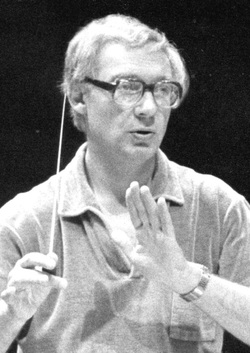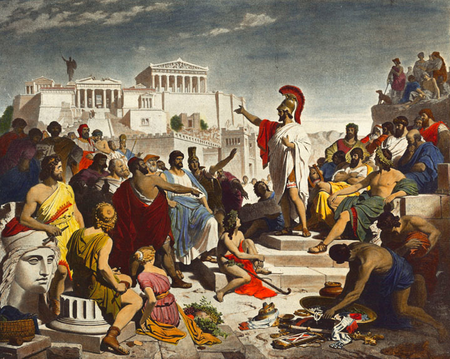Benedictus in B flat C V Stanford
This is the Canticle of Zechariah, father of John the Baptist, and is taken from Luke's Gospel (Luke 1:68-79) It is sung daily at Morning Prayer.
Sir Charles Villiers Stanford (1852-1924) thought to be one of our great British composers was actually Irish, born in Dublin, although educated at The University of Cambridge and then studied music in Leipzig and Berlin.
Whilst an undergraduate, he was appointed organist of Trinity College, Cambridge and was one of the founding professors of the Royal College of Music, where he taught composition for the rest of his life. He was also Professor of Music at Cambridge. His pupils included Gustav Holst and Ralph Vaughan Williams whose fame went on to surpass his own.
He is best remembered for his sacred choral compositions for church performance in the Anglican tradition. Along with Hubert Parry and Alexander Mackenzie, he was thought responsible for the renaissance of music in the British Isles.
 |
C V Stanford in 1921 from Wikipedia
|
Ye Servants of th'all Bounteous Lord Samuel Webbe Junior
This is a two verse anthem scored for SATB suitable for all occasions. It is a joyful anthem praising God eternally. This is a setting of Psalm 113, which is in regular use in Jewish, Catholic, Anglican and Protestant liturgies. It has been set to music often.
Samuel Webbe the younger (1768–1843) was an English music teacher and composer.
The son of Samuel Webbe (1740–1816), he was born in London, and studied the organ, piano, and vocal composition under his father and Muzio Clementi.
Webbe in his active interest in glee clubs followed in the footsteps of his father, and composed many canons and glees. In 1798 he moved to Liverpool, as organist to the Paradise Street Unitarian Chapel, where John Yates (1755–1826) was minister.
Around 1817 Webbe joined John Bernard Logier in London, teaching the use of the chiroplast. There Webbe became organist to the chapel of the Spanish embassy, before returning to Liverpool, where he was appointed organist to St. Nicholas and to St. Patrick's Roman Catholic chapel. He died at Hammersmith on 25 November 1843.
Webbe published, with his father, A Collection of Original Psalm Tunes, 1800. He was also the author of anthems, madrigals, and glees, besides a Mass and a Sanctus, and a Chant for St Paul's Cathedral. He wrote settings for numerous songs and ballads. About 1830 he published Convito Armonico, a collection of madrigals, glees, duets, canons, and catches, by well-known composers.
Webbe married Diana Smith in 1803. Their son Egerton Webbe (1810–1840) wrote on musical subjects; and their daughter Louisa married Edward Holmes.
Taken from Wikipedia








